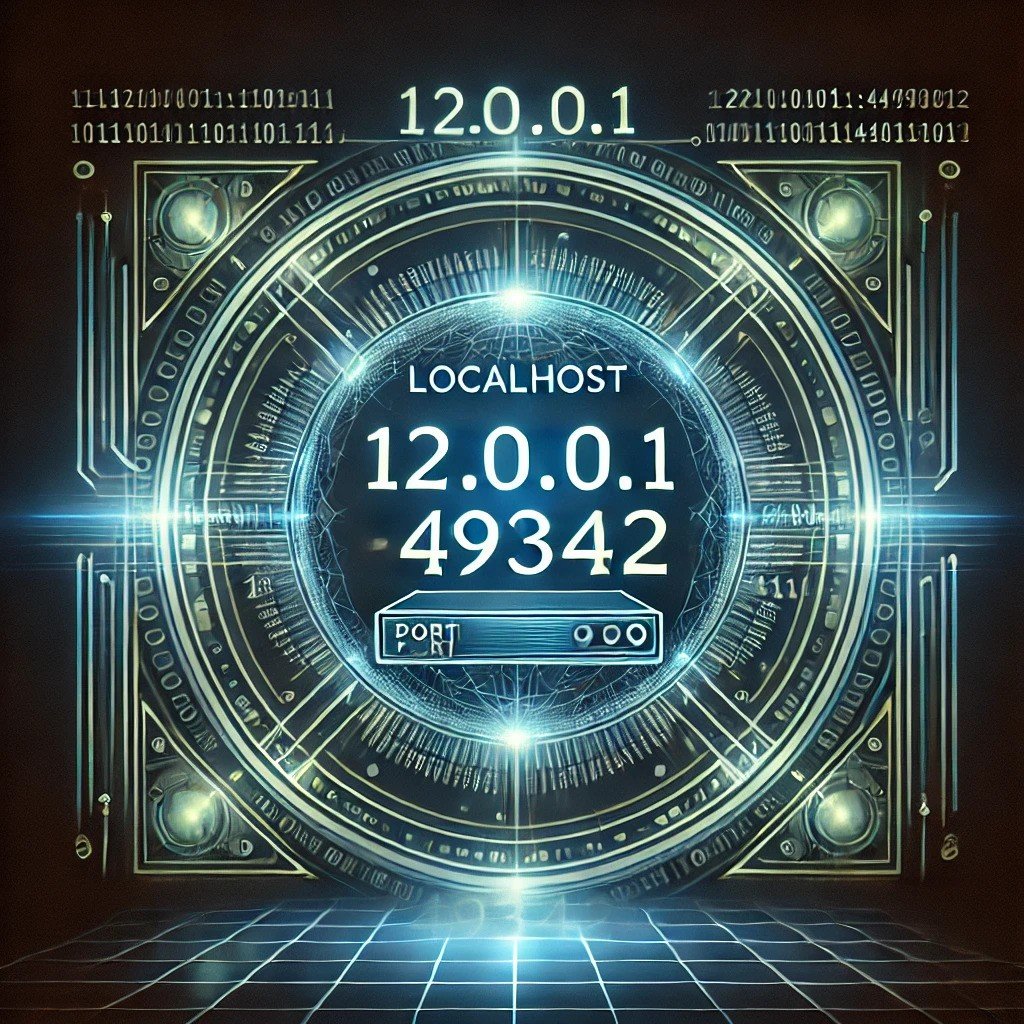Localhost, represented by the IP address 127.0.0.1:49342, is a loopback address that refers to the computer’s own network interface. It allows services and applications to communicate with themselves without external network access. This is crucial for development, testing, and debugging in software environments.
Why 127.0.0.1:49342?
The 127.0.0.1:49342 address is the standard IP for localhost in IPv4. It falls within the 127.0.0.0/8 reserved block, ensuring that data packets addressed to it never leave the machine. This prevents unintended external connections, enhancing security.
What is Port 49342?
In networking, a port is a communication endpoint. Port 49342 is a dynamically assigned (ephemeral) port, often used for temporary connections. Applications use these ports to manage connections without clashing with standard ports like 80 (HTTP) or 443 (HTTPS).
Understanding Ports and Their Ranges
Types of Ports
- Well-known ports (0-1023): Reserved for essential services (e.g., FTP, HTTP).
- Registered ports (1024-49151): Used by software vendors for specific applications.
- Dynamic ports (49152-65535): Assigned temporarily by the operating system.
Port 49342: An Ephemeral Port
Port 49342 typically falls within the dynamic port range. When an application requires a connection, the OS assigns an available ephemeral port to handle the session. Once the connection closes, the port is released.
Role of Localhost in Development
Testing Environments
Developers use 127.0.0.1:49342 to simulate network connections locally. This helps test applications in isolation, ensuring that new features work correctly before deployment.
Security Benefits
Localhost connections reduce exposure to external threats. Testing locally avoids transmitting sensitive data over external networks, preventing unauthorized access.
Common Use Cases of Localhost Ports
Web Development
Web servers (like Apache or Nginx) often run locally on 127.0.0.1:49342 with ports like 8000 or 8080. Developers test applications locally before deploying them to production.
Database Access
Databases such as MySQL or PostgreSQL run on localhost, allowing developers to test queries and configurations without external connections.
API Development
APIs are tested locally to ensure endpoints respond correctly. Tools like Postman interact with localhost to simulate real-world requests and responses.
How Localhost Ports Work
Establishing Connections
When an application initiates a connection, it requests a port from the OS. The OS assigns an available ephemeral port, such as 49342, and establishes a loopback connection.
Managing Multiple Connections
Modern operating systems can manage thousands of simultaneous connections using dynamic ports. Each connection has a unique combination of source IP, destination IP, and port number.
Practical Examples
Running a Local Server
When running a server locally (e.g., with Node.js or Python), you might start a service on 127.0.0.1:49342:49342. This allows you to access the application via a browser or API client.
Debugging Network Applications
Tools like Wireshark or netstat can monitor traffic on localhost ports. This helps identify issues in data transmission and diagnose performance bottlenecks.
Challenges and Solutions
Port Conflicts
If multiple applications attempt to use the same port, conflicts occur. Developers must ensure that ports are dynamically assigned or configured to avoid clashes.
Firewalls and Security Settings
Some firewalls may block localhost connections. Developers need to configure security settings to allow necessary local traffic while maintaining overall system security.
Importance in Cybersecurity
Penetration Testing
Security experts use localhost to simulate attacks and test defenses without risking external exposure. This helps identify vulnerabilities in a controlled environment.
Preventing Unauthorized Access
Localhost connections are inherently secure since they don’t leave the machine. Ensuring that only trusted services run locally minimizes security risks.
Conclusion: The Value of 127.0.0.1:49342
Understanding how 127.0.0.1:49342 and dynamic ports like 49342 work is essential for developers and IT professionals. They provide a safe, controlled environment for testing and development, reducing the risk of exposure to external threats.
By leveraging localhost effectively, teams can enhance productivity, improve security, and ensure robust software performance.







